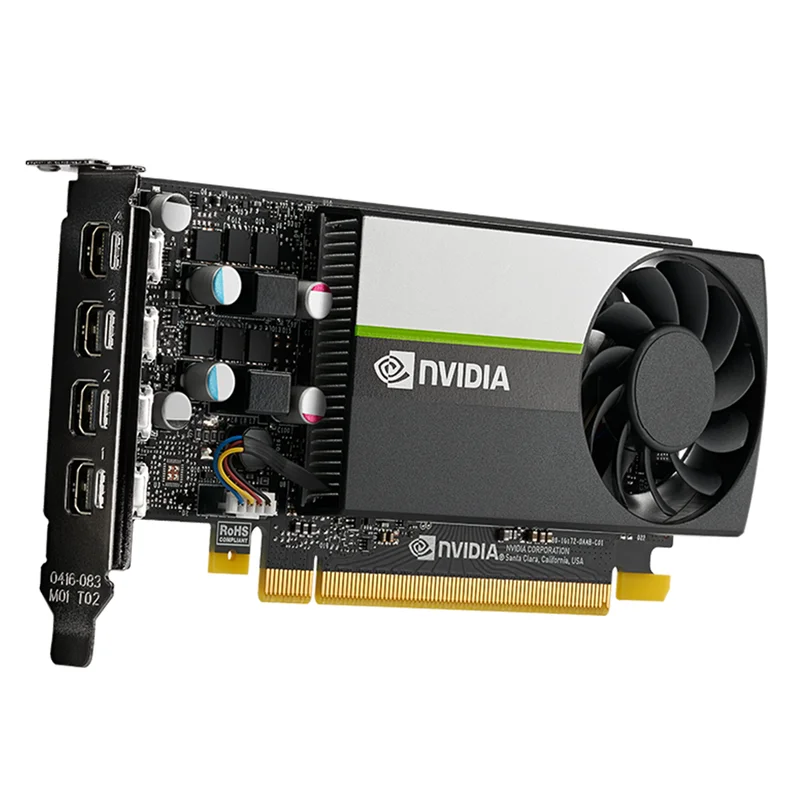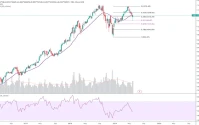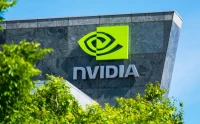Nvidia's Growing Pains: Are Software Sales the Key to AI Dominance?
Okay, folks, buckle up, because we’re about to dive into something really interesting happening behind the scenes at Nvidia. We all know Nvidia’s been riding the AI wave like a champ, becoming the first $3 trillion, then $5 trillion market cap company. It's insane, right? But here's the thing: beneath the surface of those astronomical GPU sales, there's a fascinating story unfolding about software.
See, Nvidia isn’t just about hardware anymore. They’re trying to sell a “comprehensive software story,” as some internal emails revealed this summer. We're talking about Nvidia AI Enterprise (NVAIE), Run:ai, Omniverse, vGPU – a whole ecosystem designed to make AI accessible and, crucially, recurring. It's not just about selling you a chip; it's about selling you the tools to use that chip, again and again.
The Software Struggle: A Necessary Growing Pain?
Now, those internal emails, first reported this summer, paint a picture of a company grappling with this transition. There's talk of a "fundamental disconnect" with clients, especially in highly regulated industries like finance and healthcare. Data security, indemnity obligations, damages caps – these are the kinds of sticking points that can slow down deals and make life difficult. And apparently, everyone was "hacking their own decks together," which sounds like a recipe for chaos!
But let's reframe that for a second. Is this a sign of trouble? Maybe. Or is it a sign of ambition? I think it's the latter. It tells me that Nvidia is trying to do something big. They're not content to just sell the shovels in the gold rush; they want to build the entire mining operation, from the ground up.
Think about it: Nvidia's CUDA software package already allows their chips to handle a wide range of computing tasks. NVAIE, launched in 2021, helps clients make their own AI apps. Nasdaq, the IRS, AT&T are already customers. They're building an entire ecosystem, and ecosystems are where the real power lies. It's like Apple – they don't just sell iPhones; they sell you the entire iOS experience, and once you're in, it's hard to leave. Nvidia wants that same kind of lock-in, and software is the key.
One email mentioned a sales chart projecting stand-alone software to hit 110% of sales targets for Q3 fiscal 2026 in North and Latin America. That shows me that even with the hiccups, the demand is there. People want what Nvidia is selling.

But what about that "fundamental disconnect?" Well, that's where education comes in. The emails mention the need for additional education, both internally and when negotiating with clients. And that makes sense. AI is still a relatively new field, and many companies are still trying to figure out how to best use it. Nvidia needs to be a partner, not just a vendor, helping clients navigate the complexities of AI adoption. They need to show clients how NVAIE can help them plan potential AI ventures.
Now, a lot of companies are hesitant to fully embrace AI because they think it's too early. But if Nvidia can bridge that gap – if they can educate clients, address their concerns, and build trust – then they can unlock a massive new market.
And that's where the real opportunity lies. Software isn't just a side business for Nvidia; it's the key to unlocking their full potential. It's the key to creating a truly pervasive AI ecosystem, one that touches every aspect of our lives. Imagine a world where AI is seamlessly integrated into everything we do, from healthcare to finance to entertainment. That's the world Nvidia is trying to build, and software is the foundation.
Of course, with great power comes great responsibility. As AI becomes more pervasive, we need to be mindful of the ethical implications. We need to ensure that AI is used for good, and that it benefits everyone, not just a select few. It's a huge responsibility, and it's one that we all need to take seriously.
The Dawn of the AI-First Future
So, what's the real story here? Is Nvidia in trouble? Not at all. They're simply navigating the growing pains of becoming a software giant. They're facing challenges, sure, but they're also showing a willingness to adapt and learn. And that's what separates the winners from the losers in the tech world. The speed of this is just staggering—it means the gap between today and tomorrow is closing faster than we can even comprehend.
This is the kind of breakthrough that reminds me why I got into this field in the first place.










